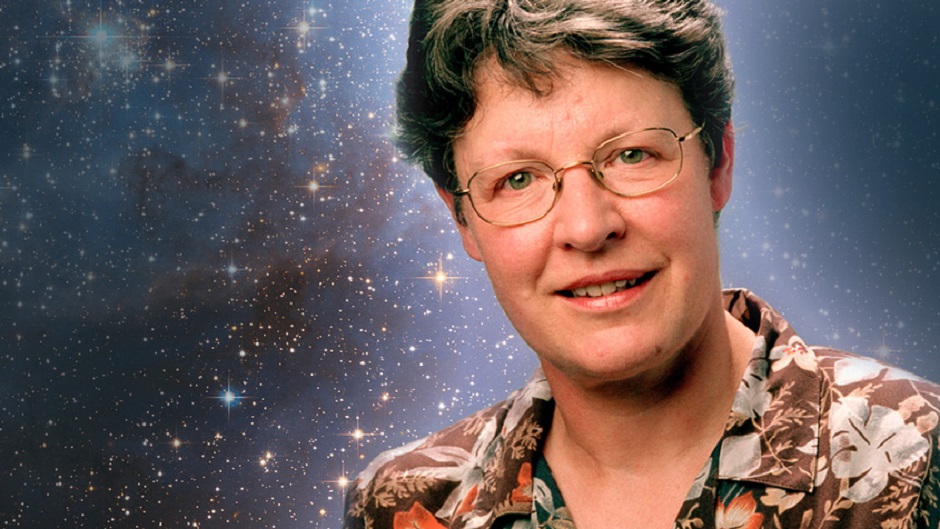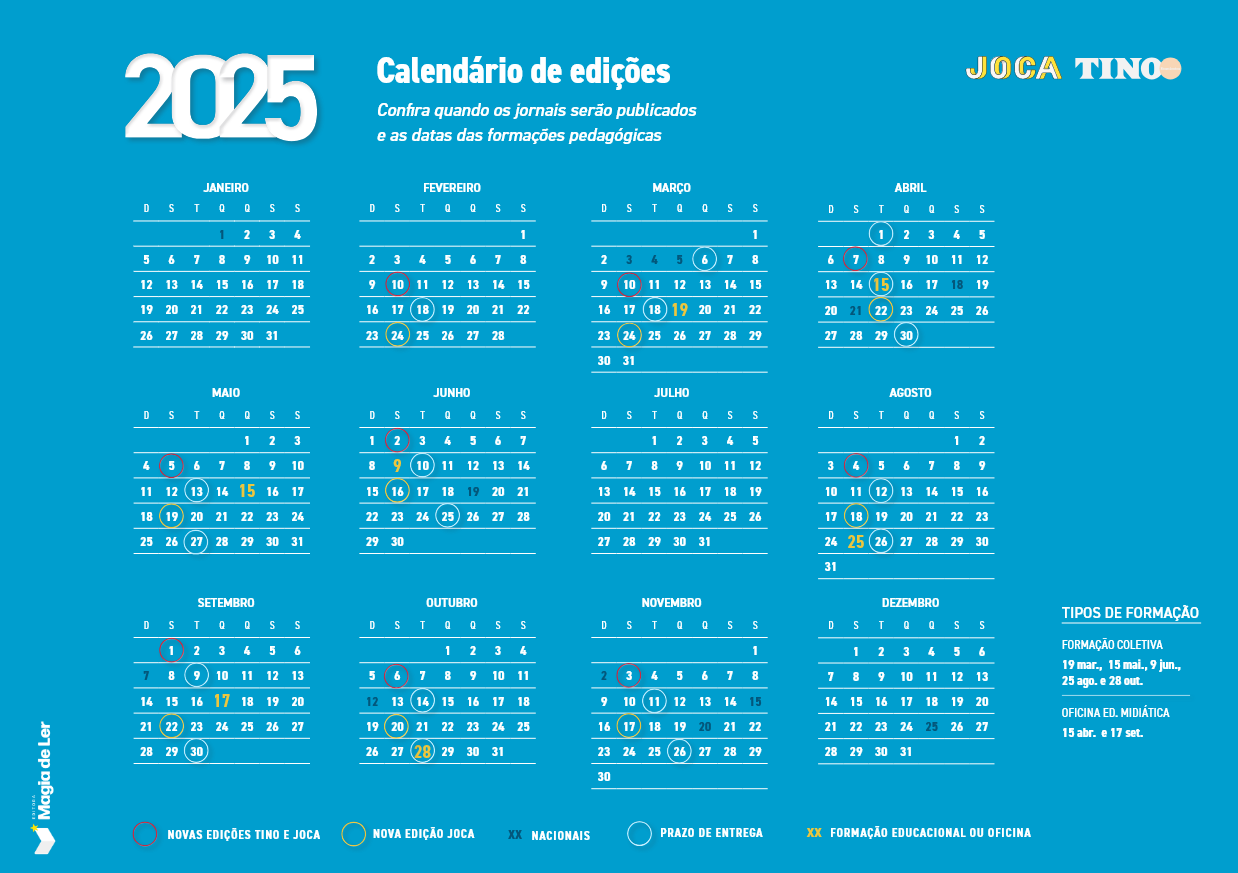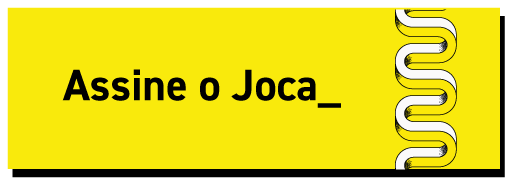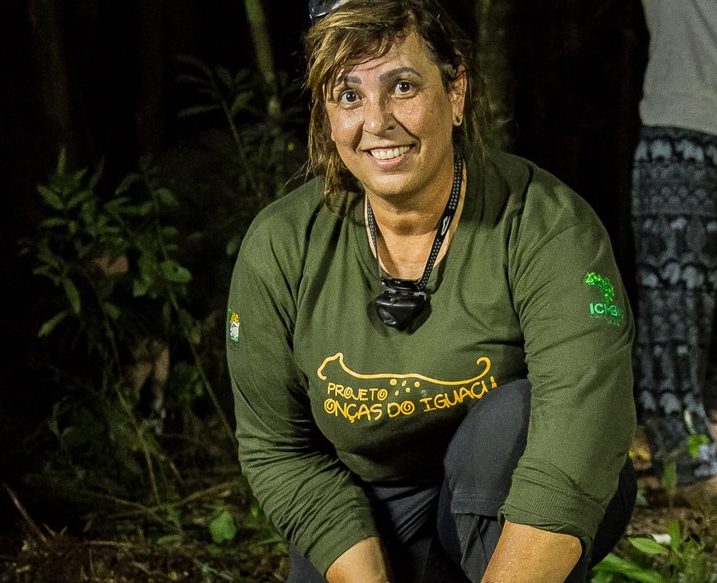In English
27 de setembro de 2018
Astronomer to Donate Million Dollar Award to Underprivileged Scientists – Level 3
Jocelyn Bell Burnell, one of the main astrophysicists of the United Kingdom, was announced this month as the winner of the Special Breakthrough Prize in Fundamental Physics and will be awarded 2.3 million pounds (close to 12 million reais).



Jocelyn Bell Burnell, one of the main astrophysicists of the United Kingdom, was announced this month as the winner of the Special Breakthrough Prize in Fundamental Physics and will be awarded 2.3 million pounds (close to 12 million reais).
Burnell said she will donate this sum to scholarships to train women, ethnic minorities and refugees so they can become science researchers. “I have this hunch that minority folk bring a fresh angle on things and that is often a very productive thing,” she said in an interview to BBC News.
The scientist knows what being a minority in the field of science is like. Burnell was passed over for the 1974 Nobel Prize which was awarded to two male colleagues who had worked with her on a study deemed essential for astronomy: the discovery of pulsars.
Together with her supervisor Antony Hewish and her colleague, Martin Ryle, from Cambridge University, Burnell built a telescope that captures radio waves in the 1960s. The goal was to prove that some stars do not just emit light that we can see, but also radio waves that are not visible to the human eye. The scientist was the first to identify pulsars by analysing telescope data, but she did not receive recognition for it at the time.
Fifty years later, the Special Breakthrough Prize for Fundamental Physics has recognised Burnell’s key role in the discovery and all of its scientific contributions. The awards ceremony will take place on November 4th.
What are pulsars?
They are neutron stars (particles that are part of an atom) the size of a city that spin quickly, and emit radio waves, visible light, x-ray, or gama rays. They look like a giant beam that “pulses” light whenever it moves through the sky at up to 70,000 kilometres per second.
The light flashes that the pulsars emit are as regular as a watch. This way, its pulses help locate elements in space through time. Over two thousands pulsars have been found.
1) Why will Jocelyn Bell Burnell donate her award?
a) Because she does not know what to do with the money.
b) Because she does not need to invest in research anymore.
c) To help minorities who, like her, want to become researchers, but face many challenges.
d) To help other scientists and prove that pulsars exist.
2) What would you like to research if you were a scientist?
Ixi! Você bateu no paywall!
Ainda não é assinante? Assine agora e tenha acesso ilimitado ao conteúdo do Joca.












Você precisa fazer o login para publicar um comentário.